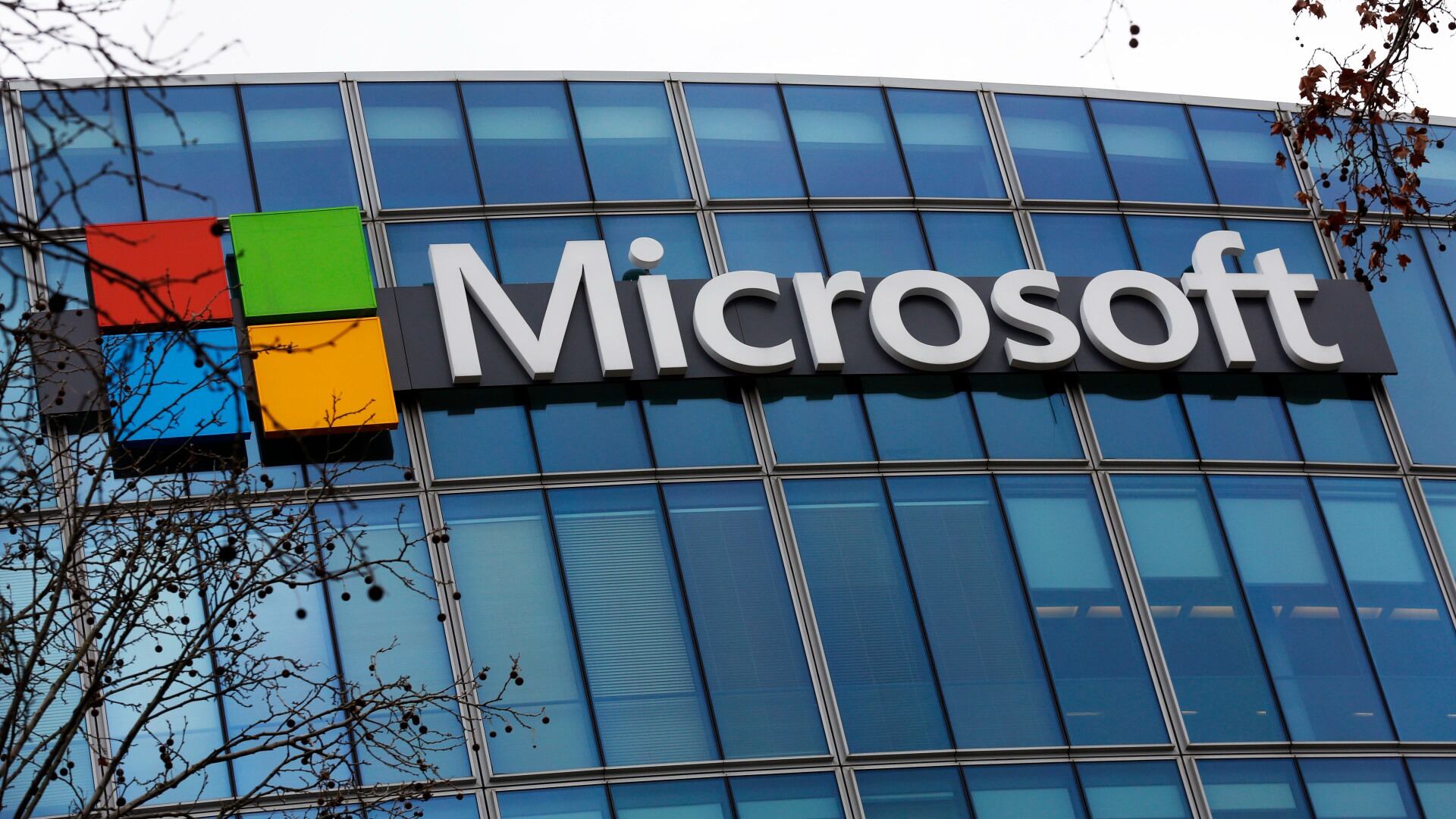The Week's Top Stories is a guided tour through the biggest market stories of the week, from winning stocks to brutal dips to the facts and forecasts generating buzz on Wall Street.
TECH LAYOFFS
Shares of Amazon, Microsoft, and Google parent company Alphabet are all up this week following announcements of mass layoffs. Here's a quick refresher: Microsoft is cutting 10,000 jobs. Amazon is in the process of laying off 18,000 jobs, and Alphabet is putting 12,000 jobs on the chopping block as of Friday. The layoffs are happening despite a historically tight labor market, in part because tech firms hired too many workers during the pandemic. The companies said uncertainties around the global economy going into 2023 are behind the reversal.
NETFLIX ADDS SUBSCRIBERS
Netflix's stock is up near 4 percent this week after reporting that it added 7.6 million subscribers, compared to Wall Street estimates of around 4.5 million. The subscriber beat was enough to counterbalance an earnings miss, and the news that long-time co-CEO Reed Hasting will be transitioning to the role of executive chairman. Chief Operating Officer Greg Peters is replacing Hastings as CEO. Notably this is the first quarter that Netflix offered a cheaper ad-supported plan, though it's unclear how much that contributed to the subscriber gains.
WAYFAIR TAKEOFF
Online furniture retailer Wayfair also announced layoffs this week, and investors also rewarded the move. The stock is up around 23 percent for the week after laying off 1,750 employees, or about 10 percent of its workforce. CEO Niraj Shah said the company grew too rapidly and was now streamlining in anticipation of economic headwinds, a now familiar story in tech.
CHINA POP FALLS
Despite the bullish sentiment in tech following the cuts, markets are set to end the week slightly down, due in no small part to some negative news from China. The country reported a population decline for the first time in decades on top of slowing economic growth. China only recently eased its COVID-19 restrictions, and hopes were high that the change would help buoy the world economy. Now it's less clear that the country will bounce back as strongly.
BITCOIN RALLIES
Finally, Bitcoin's price crossed $20,000 this week despite the collapse of most major crypto exchanges, including an announcement from crypto lender Genesis on Friday that it was declaring bankruptcy. The largest cryptocurrency is now floating around $22,300.













